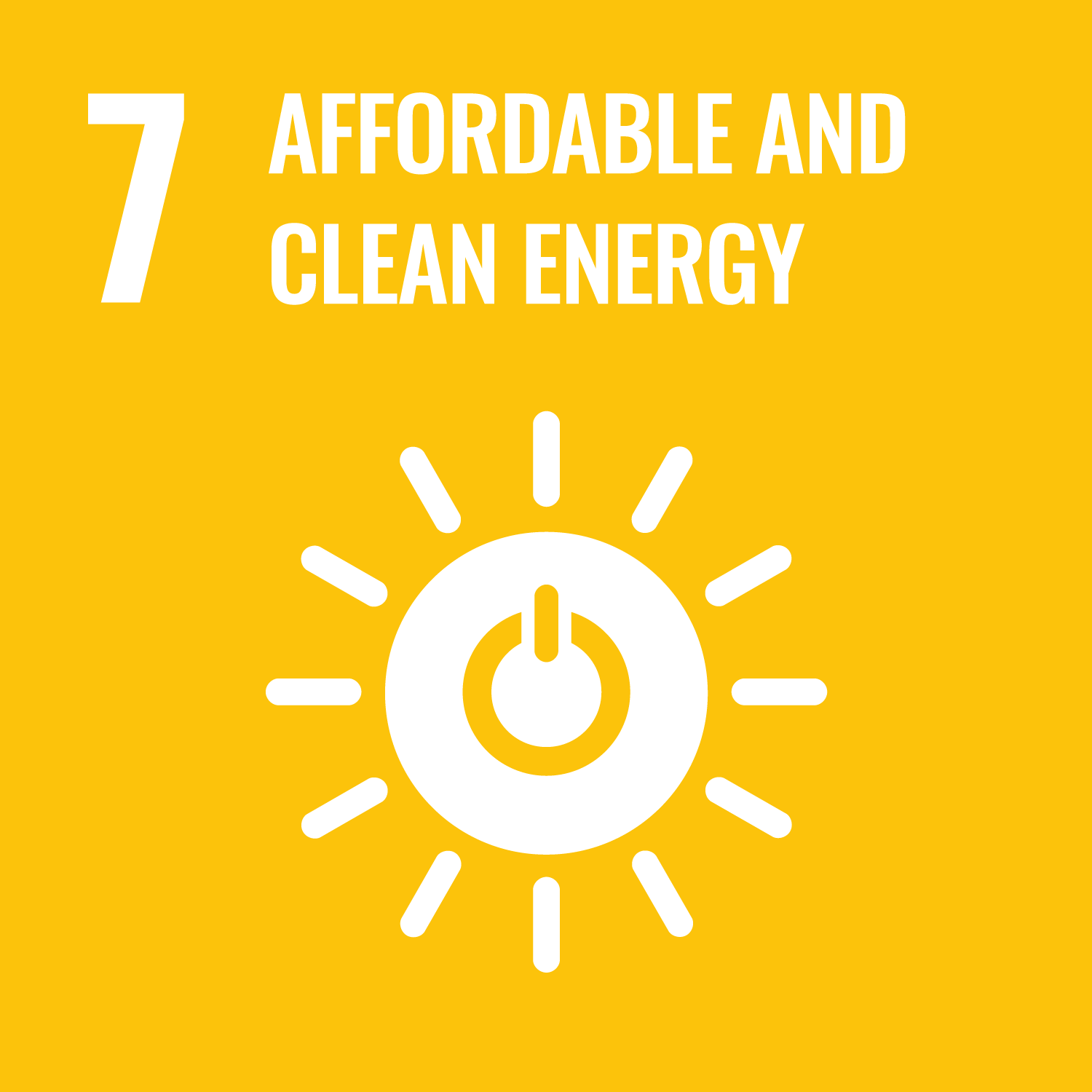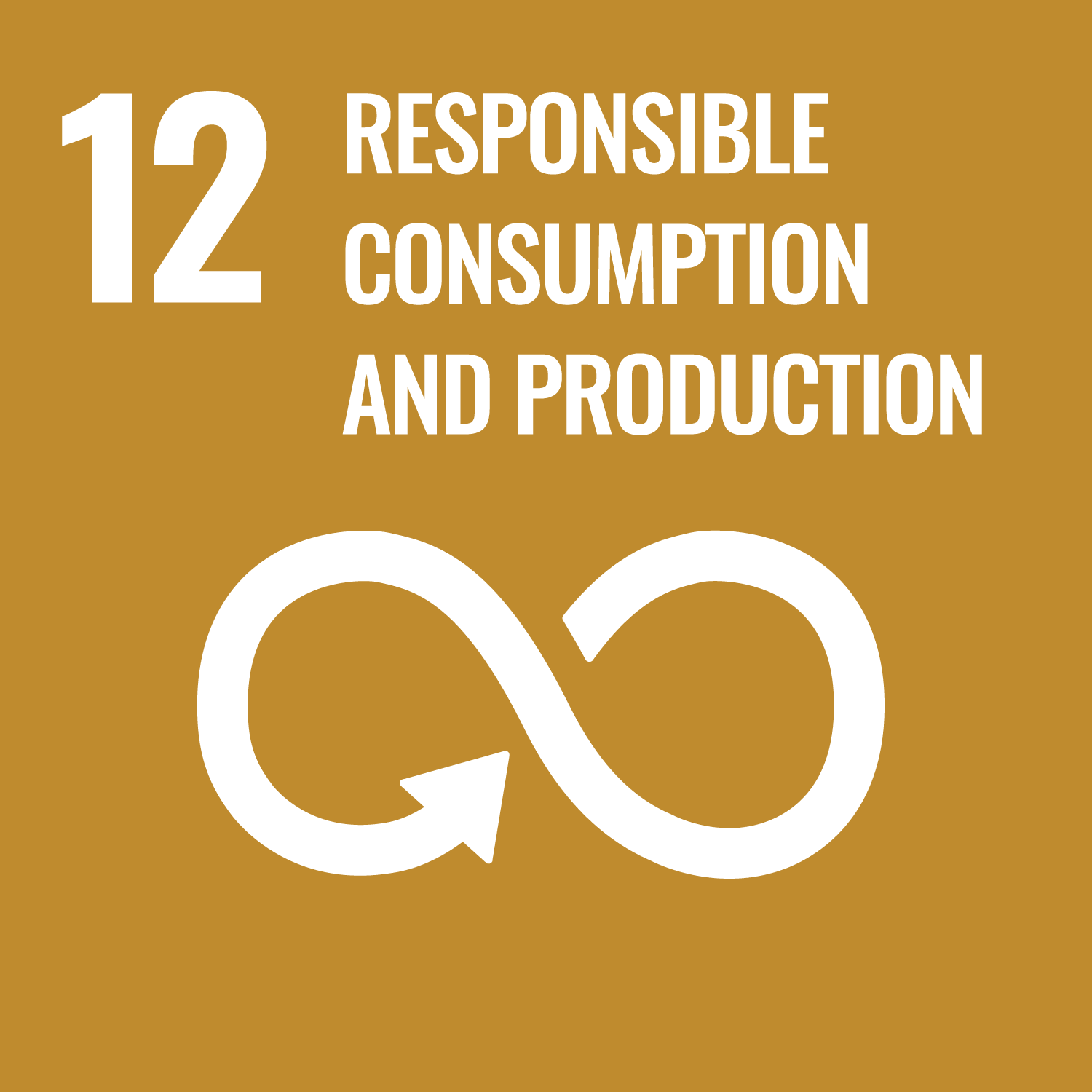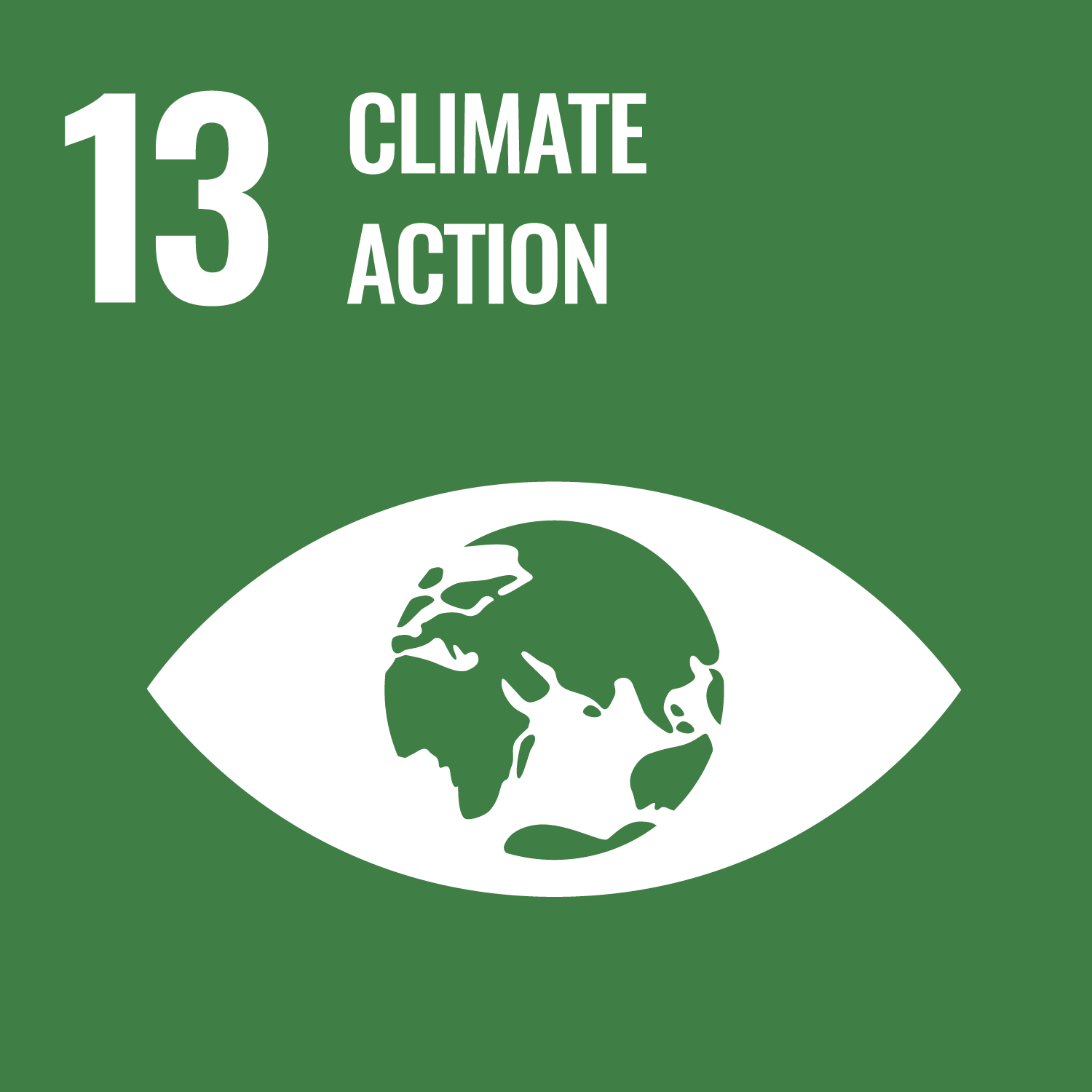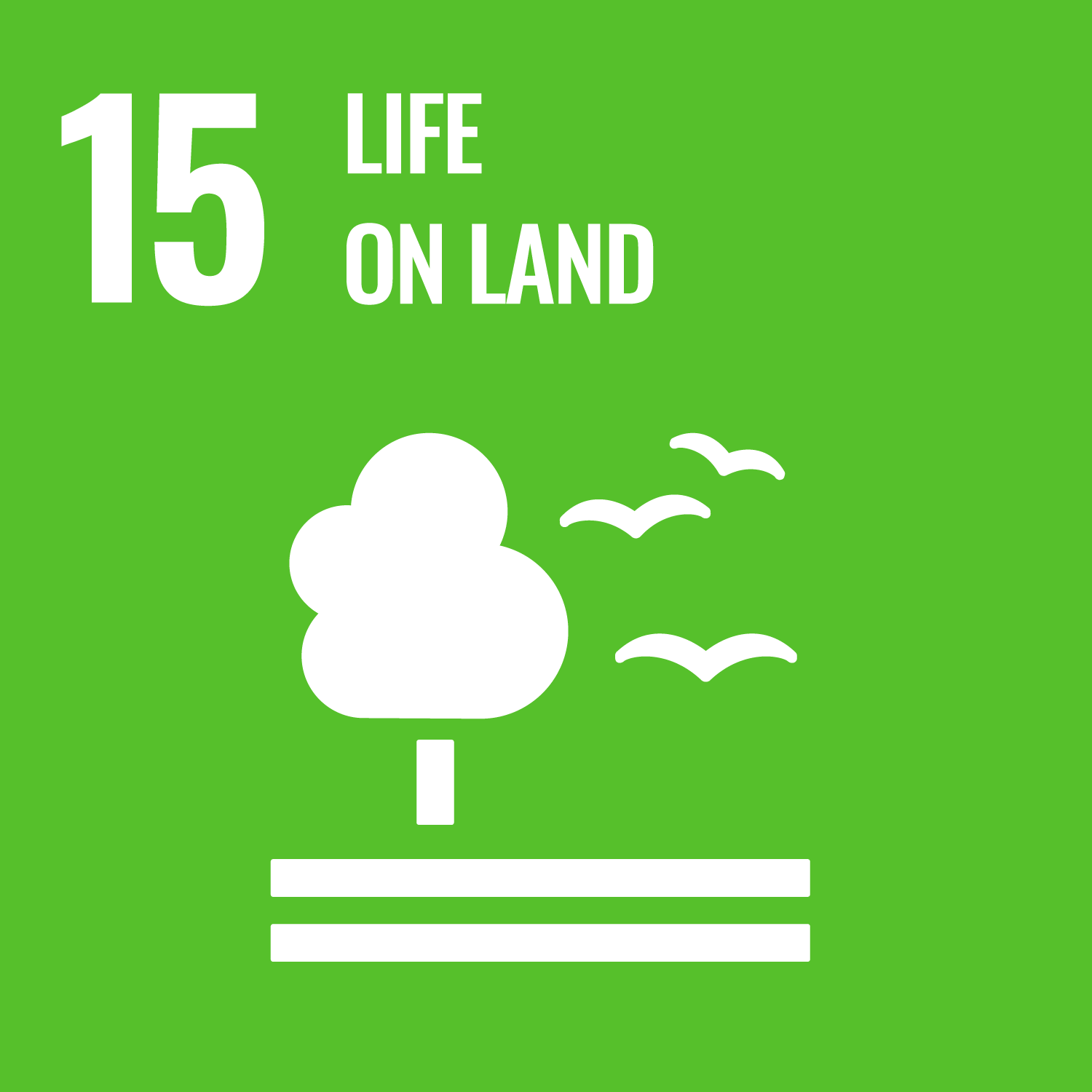About NTNU Energy
About NTNU's energy research
NTNU Energy is one of NTNU's four strategic research areas. We gather 600 excellent energy researchers, teaching and technical personnel that work on energy-related topics. Our goal is to increase the interdisciplinarity, innovation, funding, and communication of NTNU's energy research.
The strategic research area is an entry point to the energy research at NTNU for industry, authorities and researchers. We boost interdisciplinary research, collaboration, and innovation through developing strategies, initiating activities and creating meeting places. We raise current issues and give research-based input to energy-related topics in the public debate.

Energy research at NTNU
NTNU is Norway's largest institution for the education of highly qualified candidates for energy related subject areas. Thematically, energy is the largest research area at NTNU. Researchers from seven out of eight faculties at NTNU conduct energy research.
NTNU's energy research covers a large range of activities such as stationary energy systems, energy in transport systems, energy efficiency, and energy in buildings, neighbourhoods, and industry.
You can read more about NTNU's energy research in our brochure (pdf).

Ten interdisciplinary research teams
One of NTNU Energy’s central activities is to establish and support ten interdisciplinary research teams that address current issues in the energy field and society at large.
Each team brings together researchers that work along the whole value chain of the respective topic. Our ten teams' topics are hydrogen, batteries, wind power (on- and offshore), carbon capture, utilisation and storage, nuclear energy, low- and middle income countries, society, smart grid, solar energy, and hydropower.
Interdisciplinary research is at the core of NTNU Energy’s operations and key to the added value we provide to NTNU. In 2022, we had an external expert conduct a study on obstacles and benefits of interdisciplinary research at NTNU Energy.

International cooperation and innovation
The universities' task is to deliver high-quality education, conduct scientific research and disseminate results. While education and research are still priorities, they are no longer sufficient. Research funding increasingly presupposes societal benefits and international cooperation.
Norwegian Centres for Environmentfriendly Energy Research (FMEs)
NTNU hosts three and is a partner in eight Norwegian Centres for Environmentfriendly Energy Research (FMEs).
The Centres carry out long-term research targeted towards renewable energy, energy efficiency, CCS and social science aspects of energy research, and work closely with industry and authorities.
NTNU Energy supports the Centres by taking strategic initiatives across disciplines and providing communication assistance to generate more innovation from energy research.
NTNU hosts three Norwegian Centres for Environmentfriendly Energy Research
HydroCen Research Centre: hydropower in the future renewable energy system.
NTRANS Research Centre: the role of the energy system in the transition to a zero-emission society.
ZEN Research Centre: zero emission neighbourhoods in smart cities.
NTNU is a partner in the following Centres for Environment-friendly Energy Research: NorthWind, NCCS, CINELDI, HighEFF, Bio4Fuels, MoZEES and SUSOLTECH.
Norwegian energy research pays off
In 2018, the Research Council of Norway commissioned a study on the economic effect of Norwegian energy research. The study shows that NOK 4 billion granted by the Research Council to approx. 670 projects in 2008-2017 resulted in a realized economic effect of NOK 16 billion in Norway. This means that every kroner invested in Norwegian energy research gave Norway 4 kroner in value creation.
In addition, the study identified NOK 100 billion of future economic potential of these projects in Europe including Norway.
Norwegian energy research is profitable for society and contributes to significant value creation.

- A realized reduced energy consumption of 2 TWh / year in Norway (26 TWh incl. Europe)
- Realized reduced greenhouse gas emissions of 25 Mt CO2 in Europe
- Increased security of energy supply
- Increased safety / health, reduced risk - e.g. enabling safe storage of CO2
- Reduced intrusion of nature - environmentally friendly development of infrastructure
- Better decision-making basis - new tools, methods, knowledge
- New building standards and tools for low- and zero-emission buildings
- New companies and employment
- Strengthening academia, and where more are at the forefront internationally
- Education and recruitment (Master, PhD)
- Publications, citations, etc.
Read the report Effects of energy research (pdf) or a summary of the main findings (pdf) (both in Norwegian).












